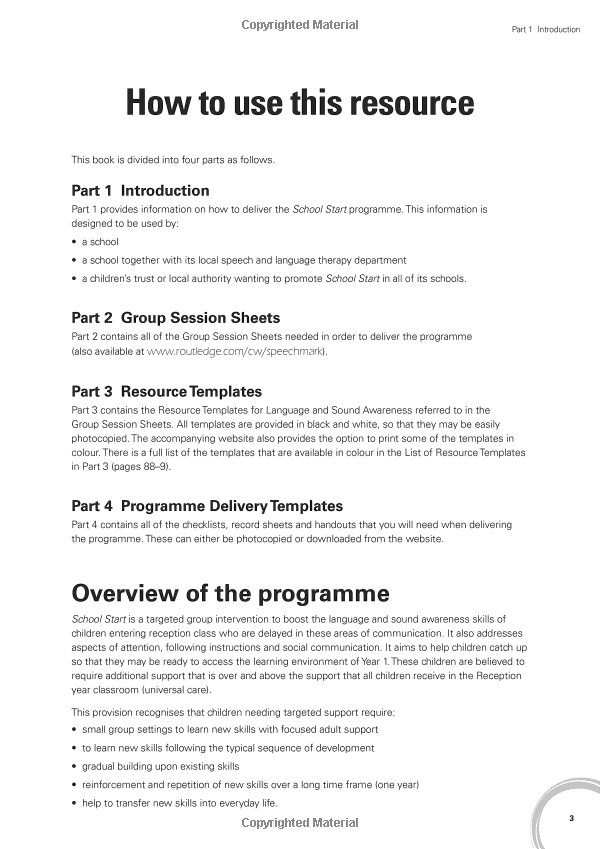Understanding What is the Interest on Student Loans: A Comprehensive Guide
#### What is the Interest on Student Loans?When it comes to financing your education, understanding the intricacies of student loans is crucial. One of the……
#### What is the Interest on Student Loans?
When it comes to financing your education, understanding the intricacies of student loans is crucial. One of the most important aspects to grasp is **what is the interest on student loans**. Interest is essentially the cost of borrowing money, and it can significantly impact the total amount you will repay over the life of the loan.
#### Types of Interest Rates
There are generally two types of interest rates associated with student loans: fixed and variable.
- **Fixed Interest Rates**: These rates remain constant throughout the life of the loan. This means that your monthly payments will not change, making it easier to budget for your financial obligations. Most federal student loans come with fixed interest rates, providing borrowers with stability and predictability.
- **Variable Interest Rates**: These rates can fluctuate based on market conditions. While they may start lower than fixed rates, they can increase over time, leading to higher monthly payments. Private student loans often have variable interest rates, which can result in uncertainty regarding future payments.
#### Federal vs. Private Student Loans

Understanding **what is the interest on student loans** also involves distinguishing between federal and private loans.
- **Federal Student Loans**: These loans usually have lower interest rates and more flexible repayment options. They also offer benefits such as income-driven repayment plans and loan forgiveness programs. The interest rates for federal loans are set by Congress and can change annually.
- **Private Student Loans**: These loans are offered by banks and financial institutions, and the interest rates can vary widely based on the lender and the borrower's creditworthiness. Private loans may come with higher interest rates and fewer borrower protections compared to federal loans.
#### How Interest is Calculated
Interest on student loans is typically calculated using a simple formula:

\[ \text{Interest} = \text{Principal} \times \text{Interest Rate} \times \text{Time} \]
Where the principal is the amount borrowed, the interest rate is expressed as a decimal, and the time is the duration for which the loan is outstanding. For example, if you borrow $10,000 at a fixed interest rate of 5% for one year, the interest would be:
\[ \text{Interest} = 10,000 \times 0.05 \times 1 = 500 \]
This means you would owe $500 in interest at the end of the year, in addition to repaying the original $10,000.
#### The Impact of Interest on Repayment

The interest on student loans can greatly affect your repayment strategy. For instance, the longer you take to repay your loan, the more interest you will accumulate. This is why it’s important to understand **what is the interest on student loans** and how it works.
To minimize the total cost of your loan, consider making payments while you are still in school, if possible. Even small payments can reduce the principal balance and the amount of interest you will owe later.
#### Conclusion
In conclusion, understanding **what is the interest on student loans** is essential for anyone considering borrowing to fund their education. By familiarizing yourself with the types of interest rates, the differences between federal and private loans, and how interest is calculated, you can make more informed decisions about your financial future. Always consider your options carefully, and don’t hesitate to seek advice from financial aid counselors or loan advisors to ensure you choose the best path for your educational financing needs.